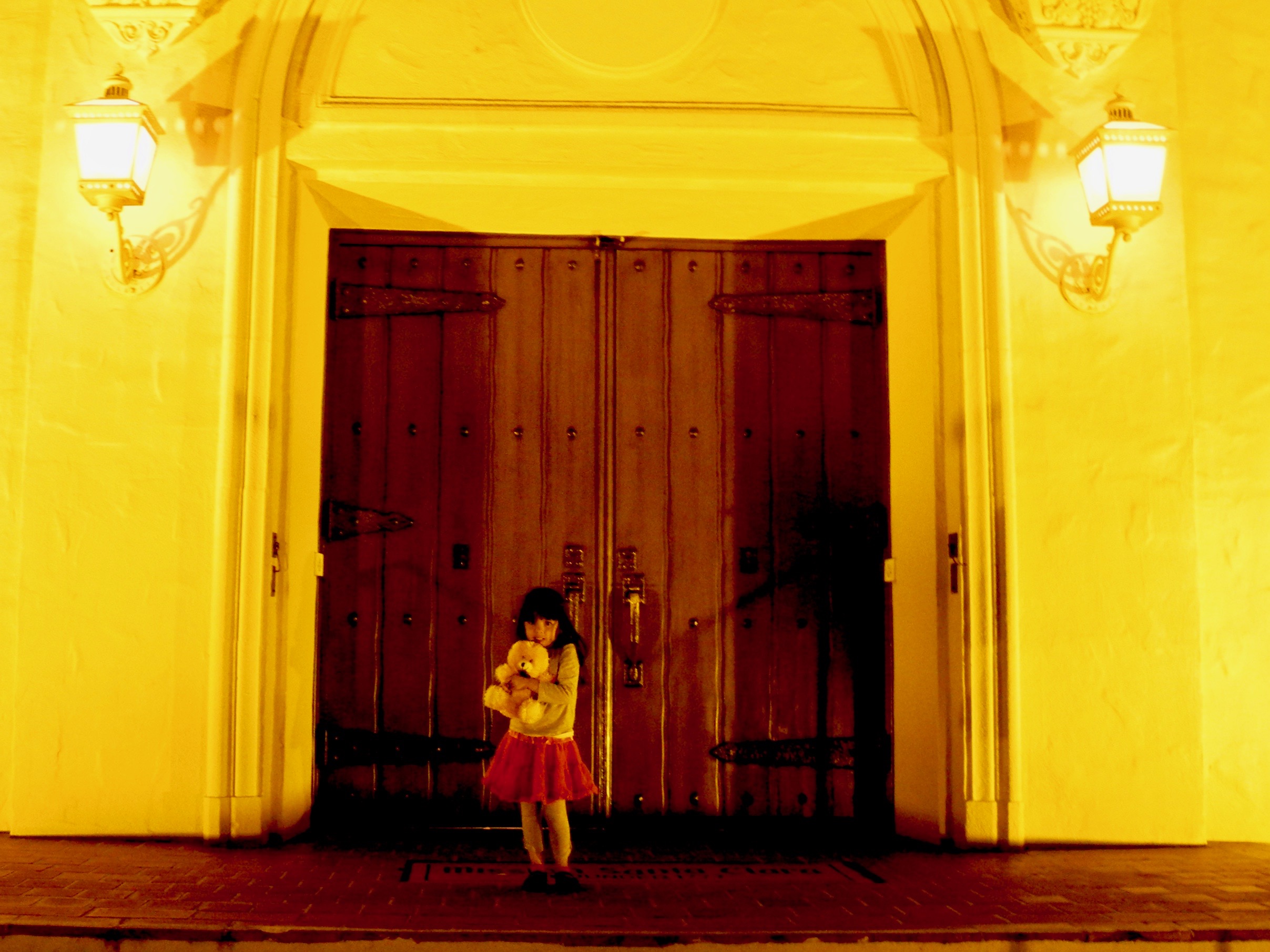
The Infancy narratives are among the most beautiful and moving of the stories in the Gospels. One can actually feel the peace, joy and love while reading them. These stories serve as the reason for the joy and happiness we feel during the season of Christmas.
But I wonder. Instead of peace and joy, I sometimes wonder that people in the Christmas story must have felt fear and anxiety. Consider Mary. A young girl barely in her teens and mysteriously pregnant, not by her betrothed. And now about to give birth in a place far from her comfort zone. In the remote town of her husband, which she probably is visiting for the first time. And there is no room for them to stay anywhere. And Joseph must have been bewildered. All these strange and mysterious things that have been happening to him and his betrothed. And all these strange dreams he has been having. I can imagine him being totally clueless. Then there were shepherds who dropped by, because the stable where the couple were staying must have been probably theirs. They trembled with fear at the sight of the strange apparitions of the angels. Was the joy (or even bewilderment?) they experienced at seeing the baby in their manger enough to overcome their initial fear?
The Infancy narratives, I understand, were actually the last parts of the Gospels to be written. The Gospels were in fact written backwards. The earliest versions of the Gospels were stories about the Passion, Death, Resurrection of Christ. They were the results of the post-Resurrection experience of the first and earliest disciples. As more people joined them, the new comers wanted and were hungry for more stories about the Resurrected Christ. What he did. What he said. How he lived. Where he came from.
The Resurrection, a life-changing event for the early Christians, is rooted in and had the beginnings in the Incarnation. And in telling and re-telling the story of the Risen Christ, it was a matter of finding the beginnings of the Empty Tomb in the Manger for the Gospel writters. Thus, the Christmas stories were born. Just as the mystical and life-changing Resurrection experience prompted the early Christians to go forth and proclaim their Risen Lord; so they found inspiration in this Lord first becoming human in the Incarnation in the Little Town of Bethlehem where “the hopes and fears of all the years are met in thee tonight.” And that became part of their proclamation as well.
The Man on the Cross is the same beautiful baby lying in the Manger.
